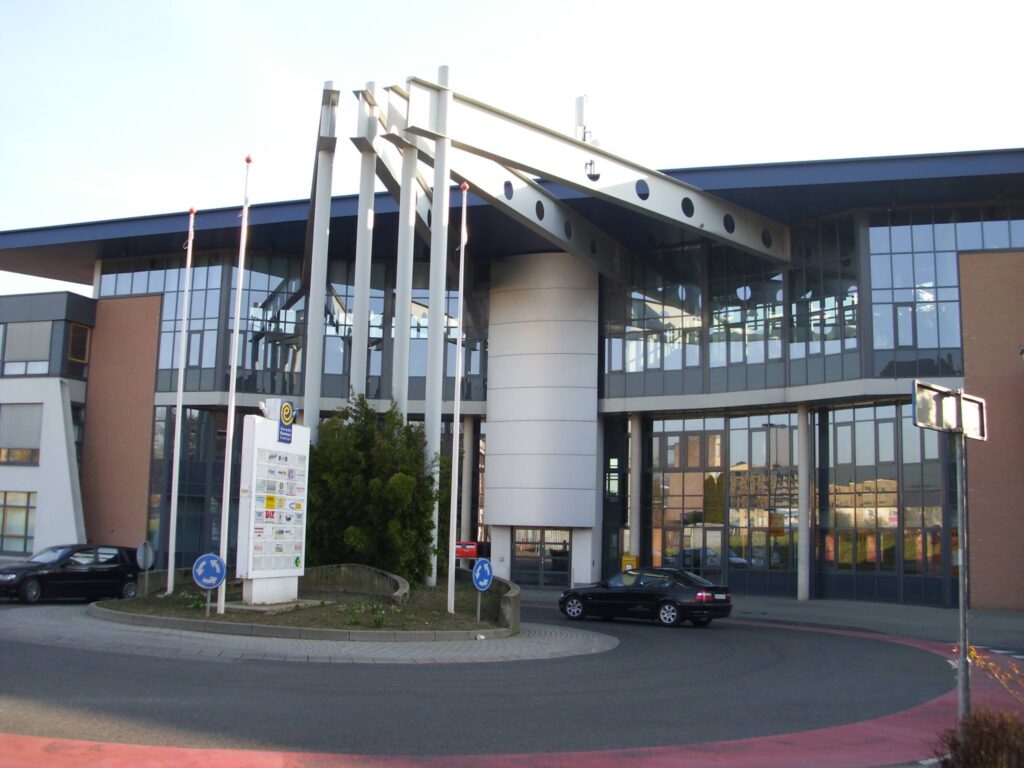In view of the significant shortage of skilled workers in the fields of nursing, information and communication technology, engineering, construction, and education, more and more personnel are being recruited in the German and Belgian border regions. Employers are often not adequately prepared. The Cross-Border Employment Service Point (SGA) in Kerkrade has proven to be one of the most successful tools in addressing this problem.In the coming years, approximately 1.5 million employees will leave the labor market, among other things, as they retire. There are too few young people choosing to pursue an education or a career in one of the aforementioned fields. One possibility to address the deficiency is the recruitment of employees from the German and Belgian border region.SGAThis is exactly the area where the SGA has been active since 2016: solving personnel bottlenecks in the labor market in the border region. “This solution is effective for all parties,” explains Dion Schneider, labor market alderman in the Euregio and also responsible on behalf of the municipal region Parkstad. “For instance, the Netherlands has a shortage of technical staff, while Germany has a surplus. Conversely, Germany needs numerous workers in childcare, while there is not enough work for them in the Netherlands. The SGA brings together employers and job seekers with basic qualifications but also assists with questions and issues in the areas of taxes, insurance, and certificates.”
The Cross-Border Employment Service Point began trial operations in September 2016. After just over a year, more than one hundred placements were recorded. Employers who cannot find suitable employees in their own country contact the Grenzarbeit team to request cross-border recruitment of suitable workers. This usually involves a need for a larger number of people. Various large companies in South Limburg and the Aachen area employ dozens of workers who were placed by the SGA. Thanks to its success, an SGA for the Dutch-Belgian labor market is now also being established in Maastricht.Added valueThe project is enthusiastically received, both by partners in South Limburg and in the neighboring border regions abroad, as well as by the province that funds the project. “Although the potential is not even fully utilized at present,” says Schneider. “The team responsible for placements is now also dealing with many other tasks, simply because their own success was not sufficiently considered. Therefore, I am very pleased that this has been recognized by the province and supported with an additional contribution for secretarial assistance and an expansion of the team. With the help of all partners, we can continue to achieve positive outcomes for many people in the years following the trial period.”
The Minister of the Province of Limburg, Marleen van Rijnsbergen, also recognizes the absolute added value of the SGA. “This collaboration has proven to be enormously successful, especially when considering that very different organizations from different backgrounds are participating in this cooperative project and have developed into a single team within a short time. It is a team that has successfully supported many people. These people, after experiencing a series of disappointments in their home state, have now found a job in the neighboring country! I hope that more parties will follow this example, and I already see comparable developments in various places – so that cross-border job placement will no longer be something unusual in a few years.”PartnersThe municipality of Kerkrade acts as the host of the Cross-Border Employment Service Point, whose premises are located in the Eurode Business Center (EBC) in Kerkrade. The SGA places job seekers throughout South Limburg who are interested in a position in the Euregio Maas-Rhein. The SGA emerged from a collaboration between the municipality of Kerkrade, the Border Information Point Aachen-Eurode, the Employer Service Point Parkstad, Podium24, the Aachen-Düren Employment Agency and the associated Jobcenter, the Dutch Employment Agency UWV, and the ITEM research institute of Maastricht University.
